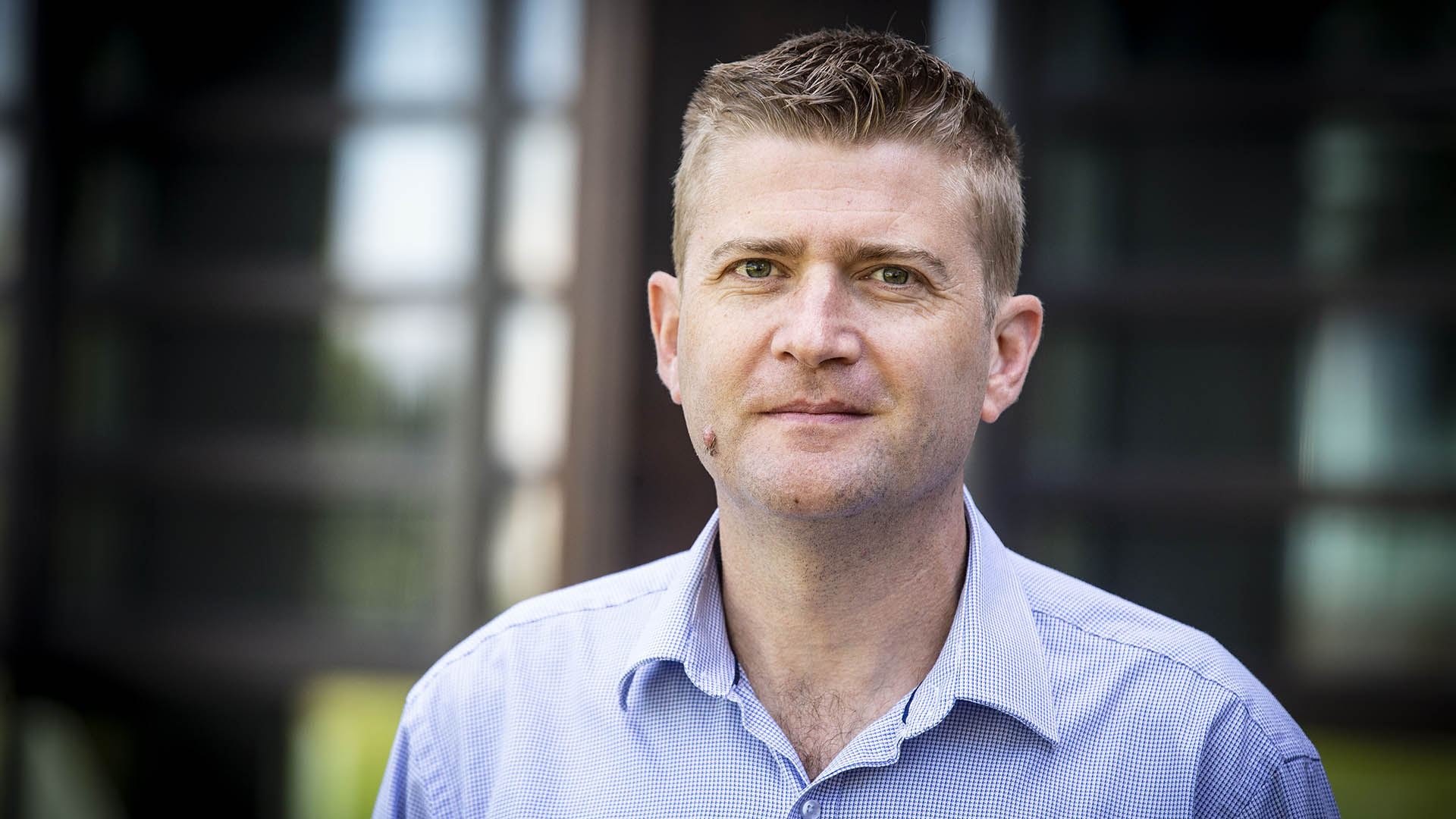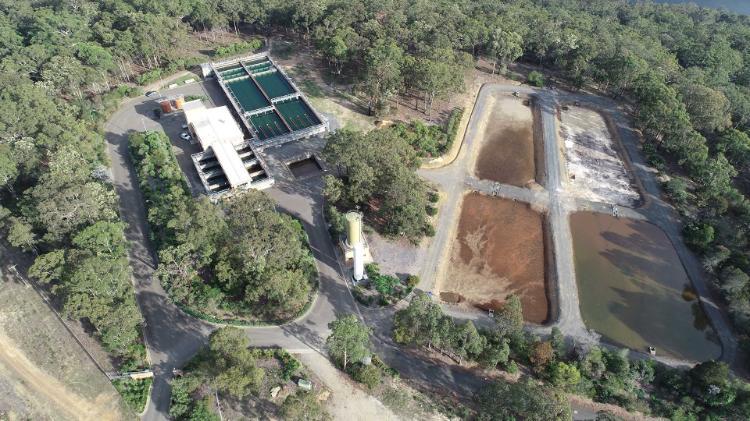New battery system to provide backup emergency power to water supplier

Australian Power Quality Research Centre (APQRC) at the University of Wollongong (UOW) has teamed up with Shoalhaven Water to deliver battery backup systems that will improve electricity resilience for sewer pumping stations.
The new system, which has been developed over the last two years, was deployed last month and is now operational in Shoalhaven Heads.
Previously, Shoalhaven Water was reliant on a staff member to be on-call around the clock to connect a diesel generator at any site that experienced an electricity outage. With only one generator and many potential sites there was significant risk of a system failure.
The connection of lithium-ion batteries at up to ten sites will increase energy resilience substantially by providing local battery storage of up to four hours which covers approximately 95 per cent of typical electricity outages without a technician needing to visit the site.
APQRC Research Coordinator Sean Elphick (pictured above) said the recent flooding and extreme weather in NSW has highlighted the importance of resilient infrastructure.
"Failure of sewage pumping stations can lead to discharge of untreated sewage to the environment, with serious impacts for local communities. This project will be a showcase for how the innovative use of battery technology can improve the resilience of critical distributed infrastructure," Mr Elphick said.
The project is part of the ARC Research Hub for Safe and Reliable Energy and ensures energy resilience for Shoalhaven Water while building the APQRCs industrial capabilities.
"The project between Shoalhaven Water and the APQRC showcases industry-academic collaboration between UOW and industry partners, creating a test case for future battery technology and providing real-world industry application experience for researchers and students."
The solution incorporates 5 kW/15 kWh of lithium-ion batteries coupled to a three-phase battery inverter system and variable-speed drive. This is a novel application of proven technologies to solve a practical industry problem. In the longer term, the project will enable assessment of battery performance in the field under climatic conditions which at times can be extreme. The project also provides scope for assessment of different battery technologies, improvements in energy storage safety, as well as the potential for creation of a virtual power plant composed of distributed energy storage resources.
Shoalhaven Water Executive Manager Rob Horner said technology would have a positive impact on the Shoalhaven community for years to come.
"We're thrilled to team up with UOW to make improvements that benefit the Shoalhaven community and our environment," Mr Horner said.
"Shoalhaven Water has an excellent record in the delivery of water and wastewater services to our region so it's important we constantly look to innovate our operations through these kinds of trials.
"This technology has the potential to radically improve our operation and safeguard our environment from sewerage discharge.
"Working on a shared vision with APQRC has proven to be incredibly rewarding and we're confident we'll see great results once deployed in our facility."

Shoalhaven Water's Bamarang Water Treatment Plant.






